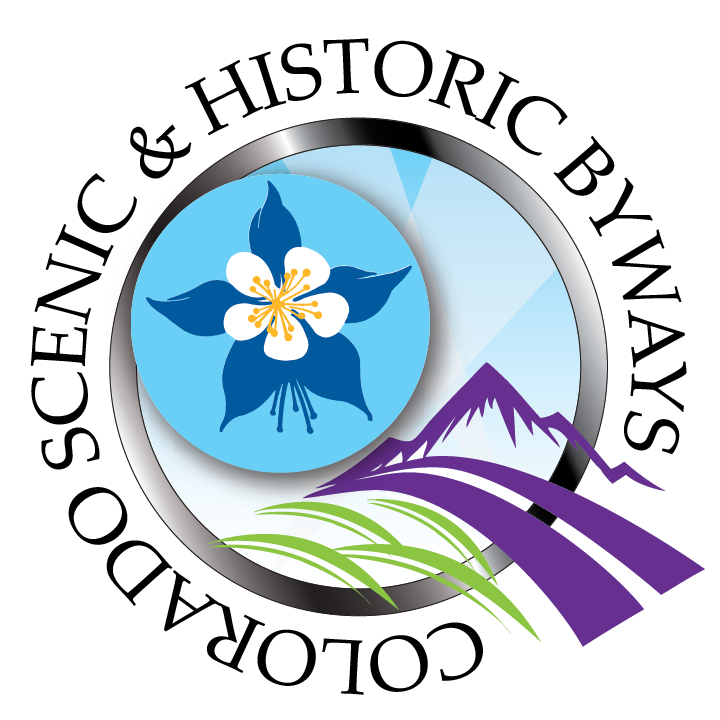Innovative Conservation Incentives:
Innovative Incentives to Expand Conservation Easements in Colorado
Keep It Colorado launched a program to develop innovative conservation incentives that will give landowners a choice about how to determine a proposed conservation easement value for their property, while maximizing opportunities to conserve wildlife habitat, water resources, healthy soils and other land conservation values. In June 2024 we published a paper that discusses alternative incentives used in other states; potentially useful government programs; options for mechanisms of incentivization; and potential funding sources. And it assesses possible roadblocks and unintended consequences.
Why are innovative incentives needed, and why now?
Conservation easements permanently prevent the conversion of working landscapes, open spaces and wildlife habitat into commercial, industrial and residential uses. Presently, conservation easements are valued based on the lost opportunity to convert the lands to uses that are more highly valued in the real estate market.
Despite the successes of the traditional conservation easement process relying on transferable tax credits in Colorado, the system does not work well everywhere. For example, if development pressure is low in a region, land with high conservation value may not be protected because the small differential between the before-and-after appraisal values produces little financial benefit to the landowner. The current system is set up to be reactive rather than proactive; in other words, development needs to exist or be immediately imminent before economic value can be realized, and often this means the price of protecting land is very high.
Numerous public benefits could result from developing a new incentive method for conservation easements. By recognizing and valuing land not just for its development potential but for the public benefits it provides, such as healthy food, wildlife habitat, improved air and water quality, carbon sequestration, soil conservation, scenic viewshed protection, and historic or cultural site protection, landowners and the public receive benefits.
Generously funded this work
Over the last 22 years, the United States has lost, on average, 4.3 acres of farmland per minute to development. At Colorado’s current pace of loss, approximately 417,000 acres of farm and ranchland will be impacted by development by 2040. As is occurring across much of the western United States, development consumes large swaths of Colorado’s wildlands each year.
Development can benefit Coloradans, but not if it occurs without regard to conservation of essential natural resources.
Weaselskin | La Plata Open Space Conservancy
Heartland Ranch Nature Preserve | Southern Plains Land Trust
What was the process?
Legislative working group
In 2019 and 2020, a legislatively appointed working group was tasked with identifying an alternative valuation method for conservation easements. The group considered what the method could look like, identified questions and concerns, and discussed how to ensure that the new model would meet the needs of the land and landowners while avoiding problems of the past. The conclusion was that more research and experts would be needed.
Colorado State University report
Researchers at Colorado State University studied various methods currently used to determine the value of conservation easements. They also examined the need for other incentives and provided potential methodology options. Many of the findings provide a strong starting point for the development of new incentives. Read the CSU report. Read Keep It Colorado’s press release.
Stakeholder meetings around CCBI development
Stakeholder groups met in 2021. These groups determined that the new valuation method should focus on perpetual conservation easements and be built on a baseline fair-market value appraisal, which would be further adjusted based on the presence or absence of conservation values and the restrictiveness of the easement. A method called the Colorado Conservation Benefits Index (CCBI) began to develop, with a focus on eight conservation value categories.
Webinars
With the goal of reengaging stakeholders, in October 2022 Keep It Colorado conducted two webinars to bring people up to speed on the project to date. Watch the webinar.
Further CCBI development
In late 2022 and early 2023, Keep It Colorado conducted small-group meetings to build out the CCBI by determining the necessary categories, subcategories, and assigning values to each. Groups soon realized the difficulty of creating one tool to value a state as diverse as Colorado, and concern was raised about the project given the state of the tax credit cap. An overwhelming majority still consider the project necessary for future land conservation.
Evaluation of current community needs/wants
Between May 2023 and July 2023 Keep It Colorado conducted interviews with land trusts, public open space agencies, appraisers, and other entities to form a complete picture of community needs/wants. This, together with previous work and research, provided the basis for a report that synopsized the project and recommended steps to move forward.
Interview Highlights
68% favored continuing the development of new incentives to some degree.
47% supported incorporating management plans into CEs.
68% approved of layering term agreements on CEs to address management of conserved properties.
16% preferred using the existing state tax credit to fund the new incentives method.
65% wanted a different funding source.
May Ranch | Colorado Cattlemen’s Agricultural Land Trust
Going Forward
Keep It Colorado’s plan going forward is to: (1) act as a facilitator for future work on the project, (2) assemble a small group of proponents to develop a model(s), (3) test the model on paper and on the ground, (4) make revisions based on test results, (5) educate the community, (6) identify a permanent funding source, (7) present results to the Division of Conservation, and (8) implement the model.
Funding
Keep It Colorado’s work on this initiative is generously supported by an investment from Great Outdoors Colorado. View the press release. Keep It Colorado also seeks funding to financially support landowners during the on-the-ground pilot testing. Please contact Katelyn Toigo to discuss a funding partnership.
Contact information
Katelyn Toigo, Special Projects Coordinator | Email | 618-823-2026
















